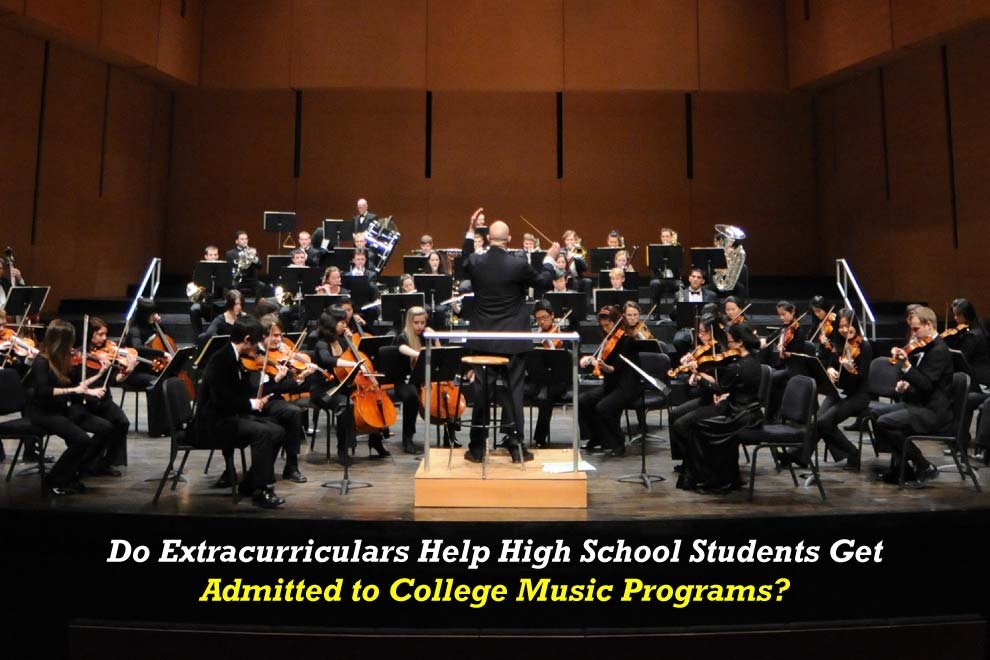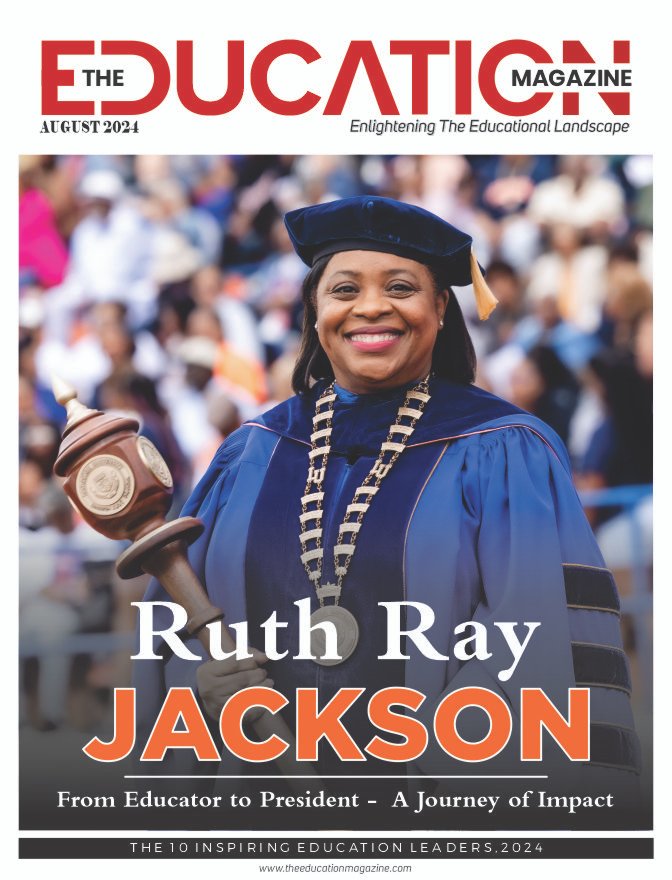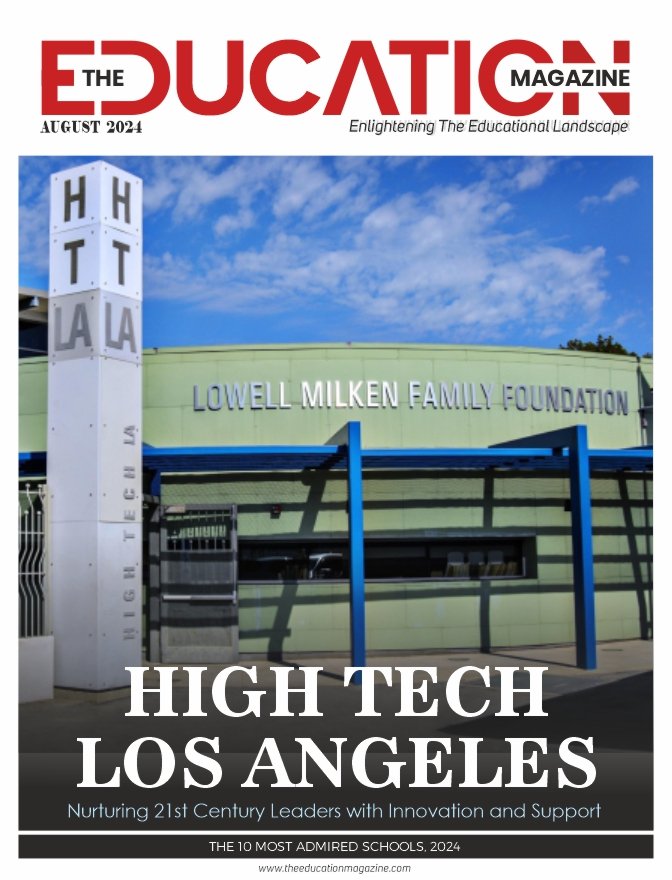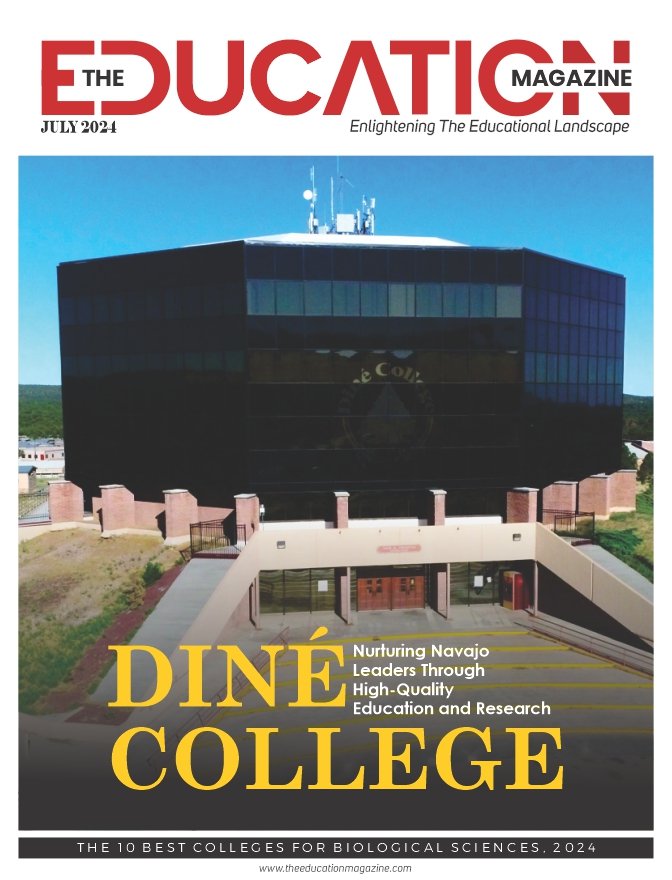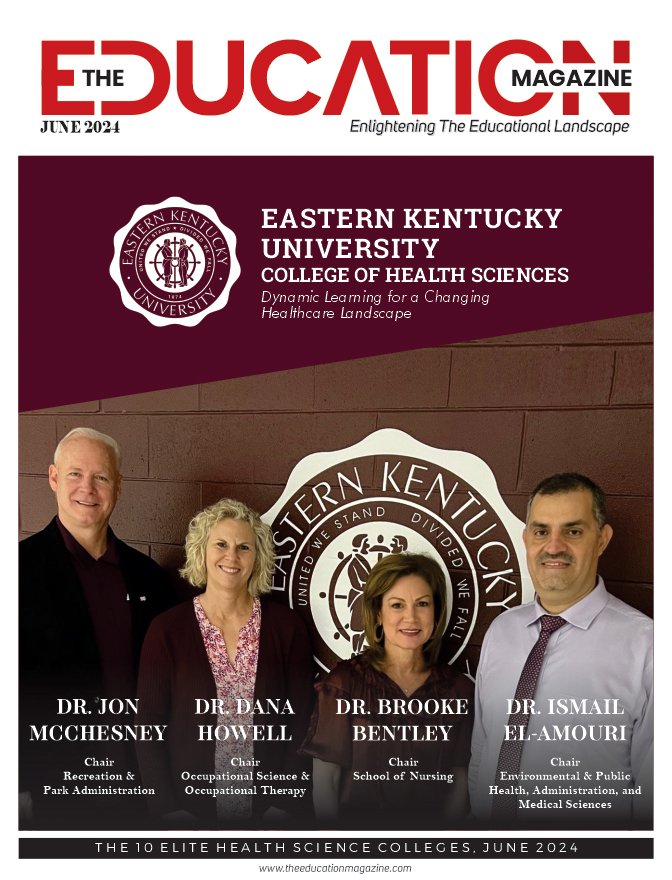For high school students interested in a future in music, whether performance, education, or composition, college admissions may seem like a make-or-break situation. Admissions into college music programs are competitive, with each institution looking for a blend of technical skill, creativity, and academic achievement. Beyond grades and audition pieces, extracurricular activities play a pivotal role in showcasing a student’s readiness for the rigorous demands of higher music ed. This blog will look at some activities that will support a college music application, but as always, seek guidance from a college admissions counselor if you want the best results.
High School Theater Productions
Participation in high school theater productions is a fantastic way for students to demonstrate their musical versatility and stage presence. For those aspiring to careers in performance, theater offers a platform to hone acting skills and vocal performance in a live setting, invaluable experiences for any musician. Moreover, involvement in theater showcases a student’s ability to work as part of a team, a crucial skill in many musical endeavors. Admissions committees look favorably upon students who engage in theater, as it indicates a broad understanding of performance art beyond mere technical proficiency in music.
School Orchestra and Band
Membership in school orchestras and bands is perhaps the most direct way to display musical commitment and ensemble experience. These groups require regular rehearsals and perform in various settings, from school events to community gatherings and competitions. Such participation not only hones a student’s ability to play in sync with others but also instills discipline and a sense of musical camaraderie. Your child can even practice orchestra excerpts and audition material in their violin lessons so that they can win principal or first chair positions in the orchestra. For admissions officers, a student’s long-term involvement in a school orchestra or band suggests a strong foundation in music education and a readiness to tackle the collaborative nature of college-level music programs.
AP Music Theory Courses
Enrolling in Advanced Placement (AP) music theory courses is an excellent way for students to demonstrate their academic commitment to music. These courses cover a broad spectrum of music theory, from basic concepts to complex analytical techniques, preparing students for the theoretical rigors of college-level music studies. Success in AP music theory can signal to admissions committees that a student is not only passionate about music but also serious about understanding its foundational principles. Moreover, high scores on AP exams may allow students to place out of introductory college courses, giving them a head start in their college music education.
Collaborative Piano Activities
For pianists, engagement in collaborative piano activities such as accompanying soloists, choirs, or ensembles can significantly strengthen their college applications. This experience showcases a pianist’s versatility, adaptability, and ability to work closely with other musicians—skills that are highly valued in music programs. Collaborative piano activities also offer students the opportunity to explore a wide repertoire and develop a deeper understanding of musical interaction, further preparing them for the collaborative environment of college music programs.
The Importance of Being Well-Rounded
While deep involvement in music-related extracurriculars is crucial, admissions offices also value well-rounded applicants. The danger of being too one-dimensional in music is that it may suggest a lack of exposure to diverse experiences and viewpoints, qualities that enrich the creative process and innovation in music. Students are encouraged to engage in non-musical activities that demonstrate leadership, community service, or other interests. Such involvement can provide a more comprehensive view of the student’s character, showcasing their ability to balance multiple interests and commitments.
This well-rounded approach is supported by data indicating that college admissions officers look for students who excel in their chosen field while also engaging with their community and showing potential for growth in various areas. According to a survey conducted by the National Association for College Admission Counseling, participation in both music and non-music extracurricular activities can enhance a student’s application by demonstrating a breadth of skills and interests.
Don’t forget to seek diversity within the musical field as well! Classically trained singers can learn to sing pop music, and pianists can learn how to write rock songs, start a band, and pursue other activities.
Start Preparing For College Admittance Now
Admissions offices seek students who not only possess musical talent and academic skill but also demonstrate qualities like leadership, teamwork, and a commitment to community—traits that are developed through a wide range of extracurricular engagements. By carefully choosing their extracurricular output, students can improve their applications and position themselves as strong candidates for admission into competitive college music programs.
